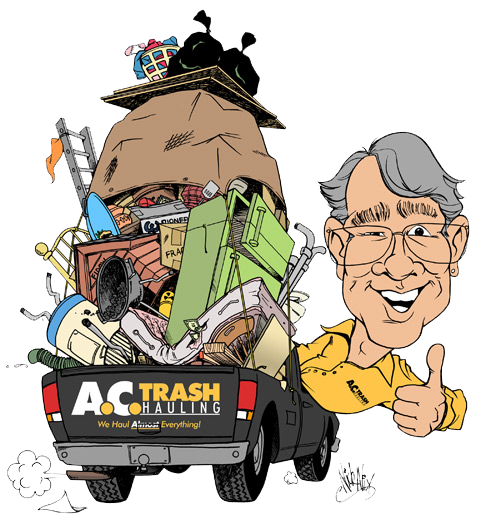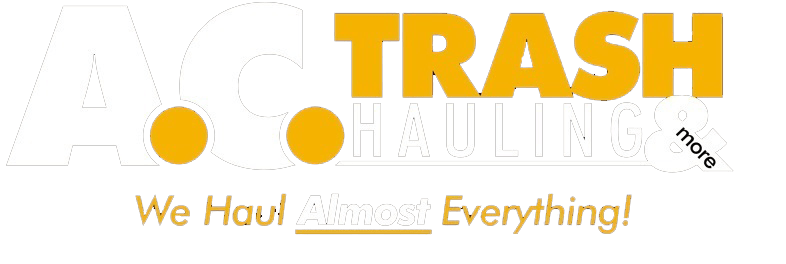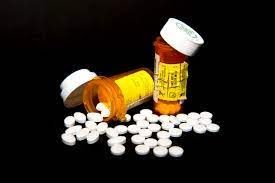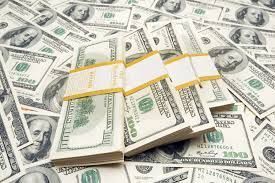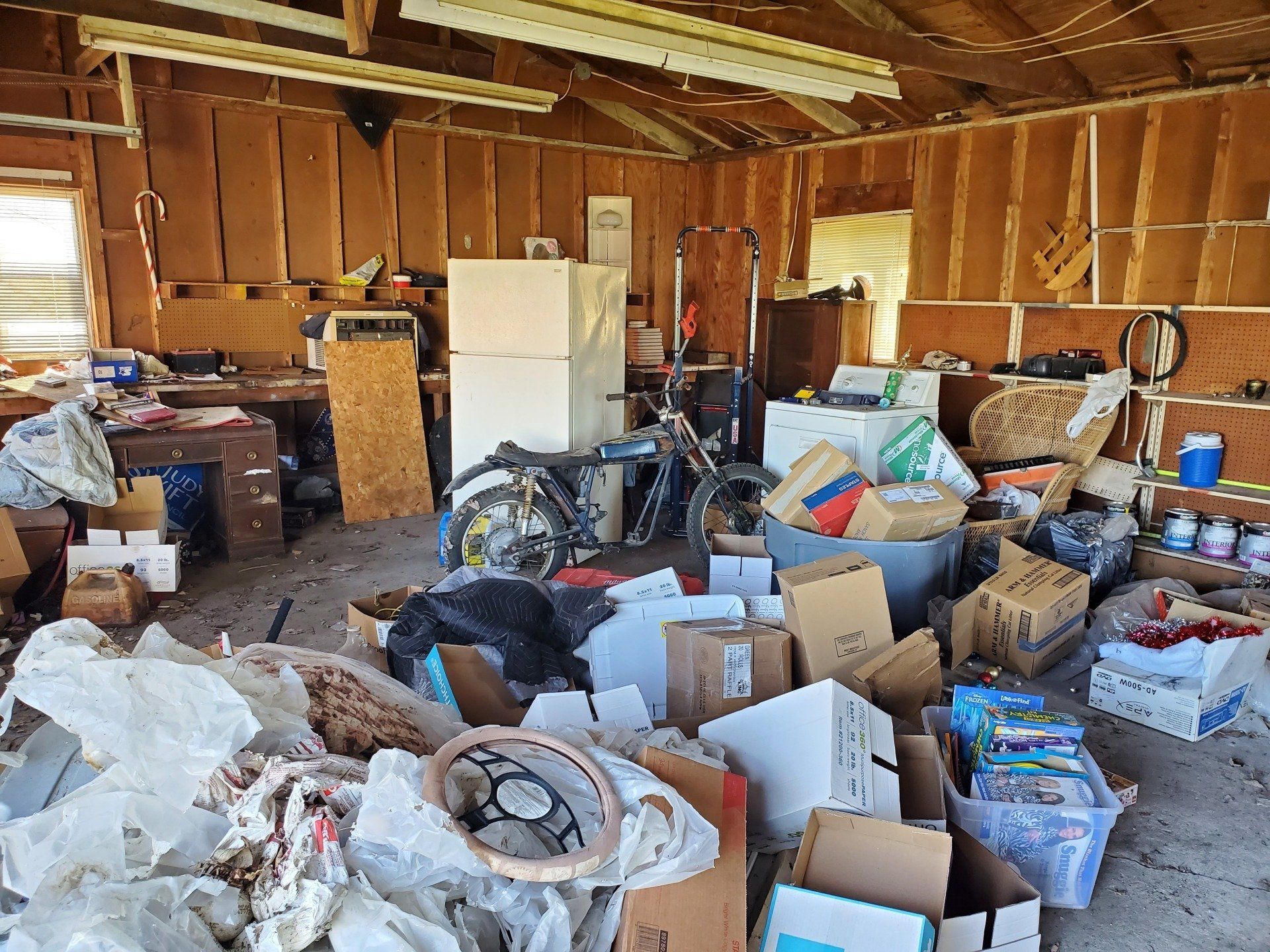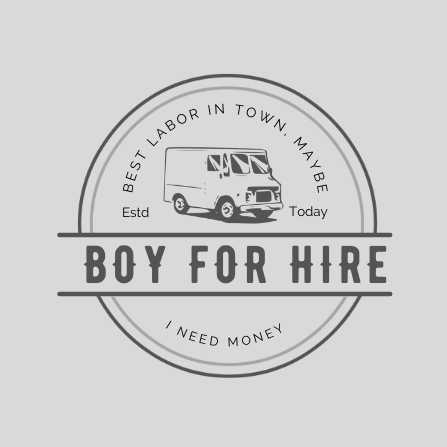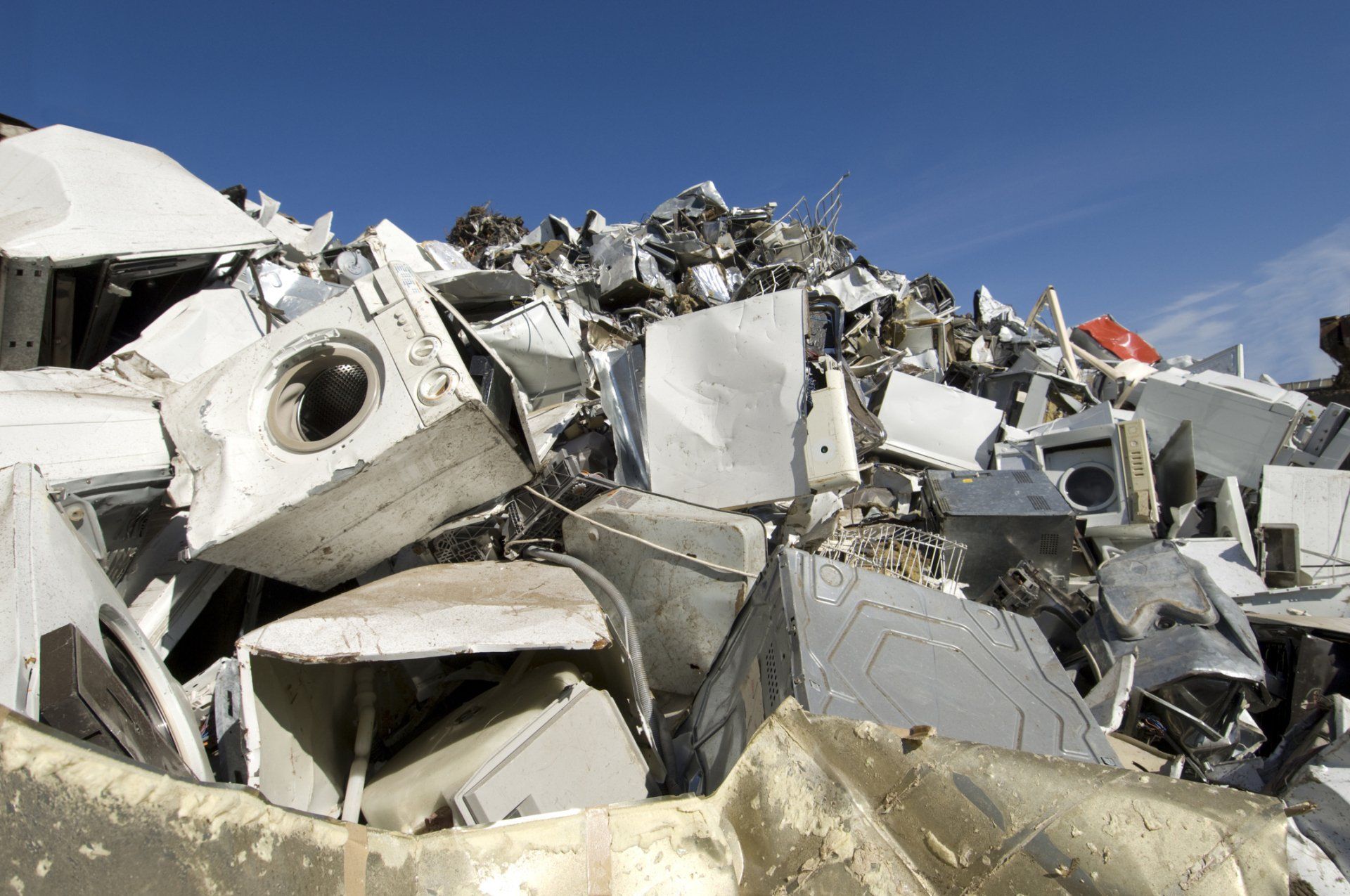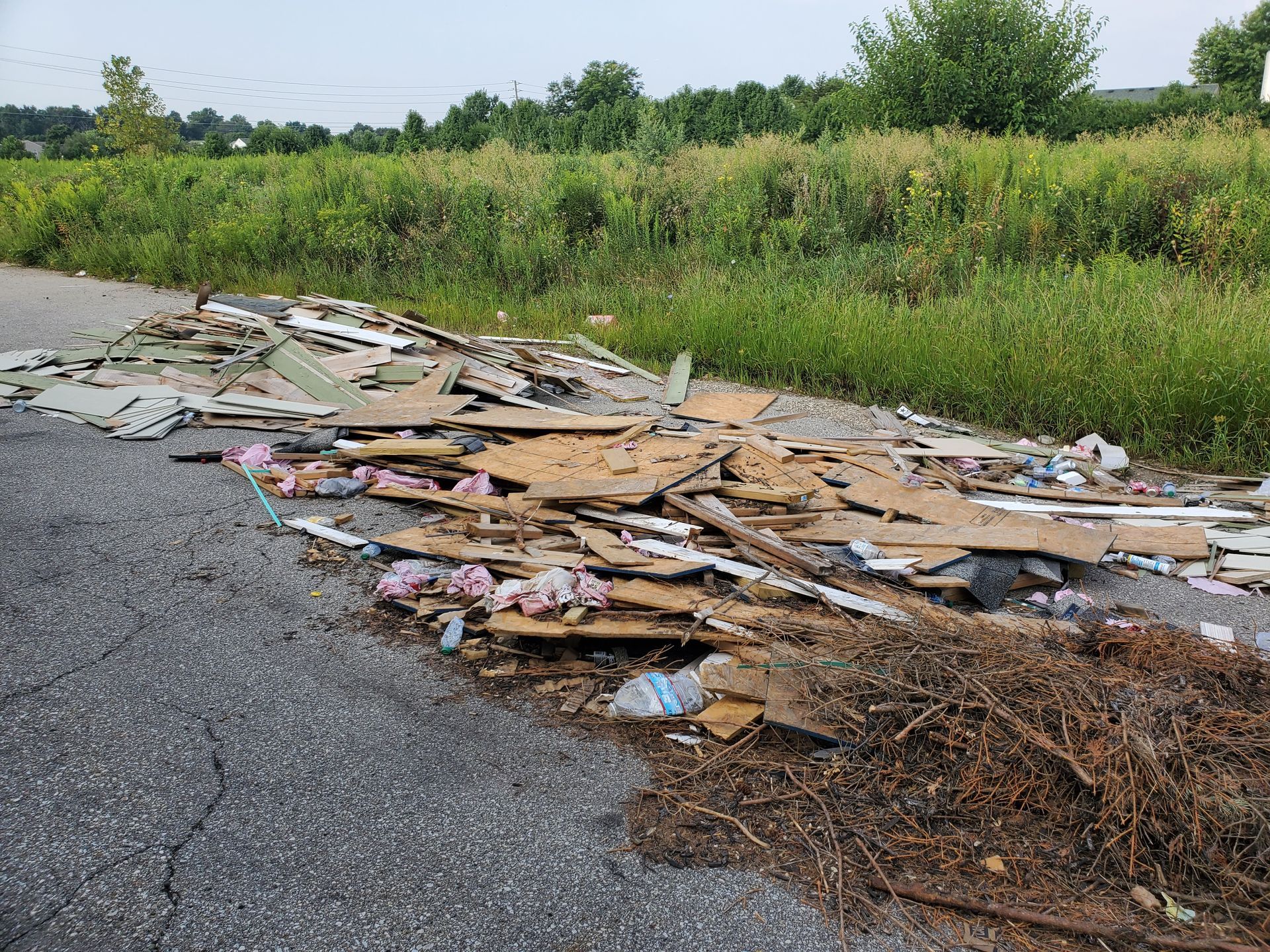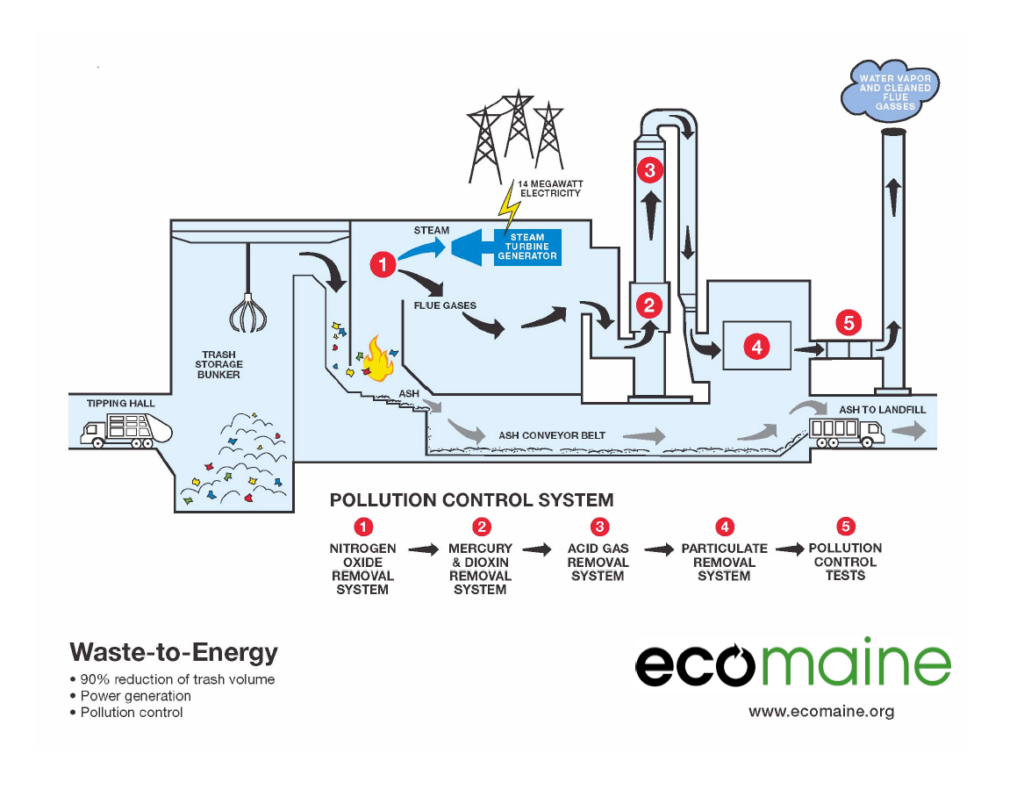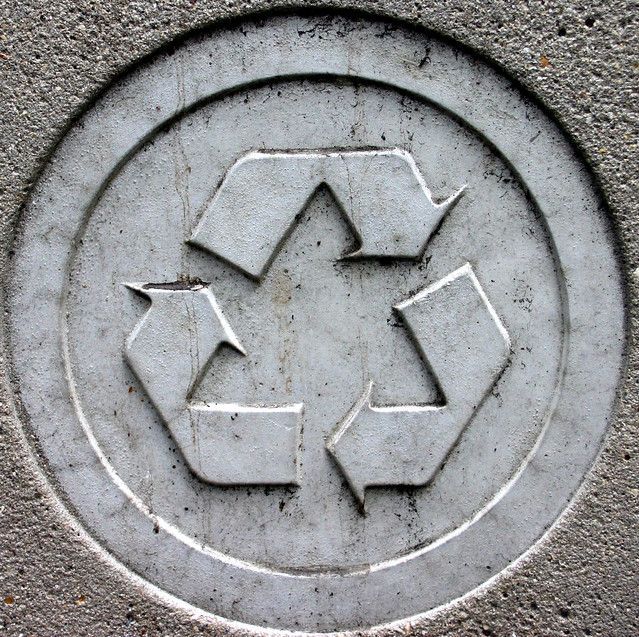What Items Can You Recycle
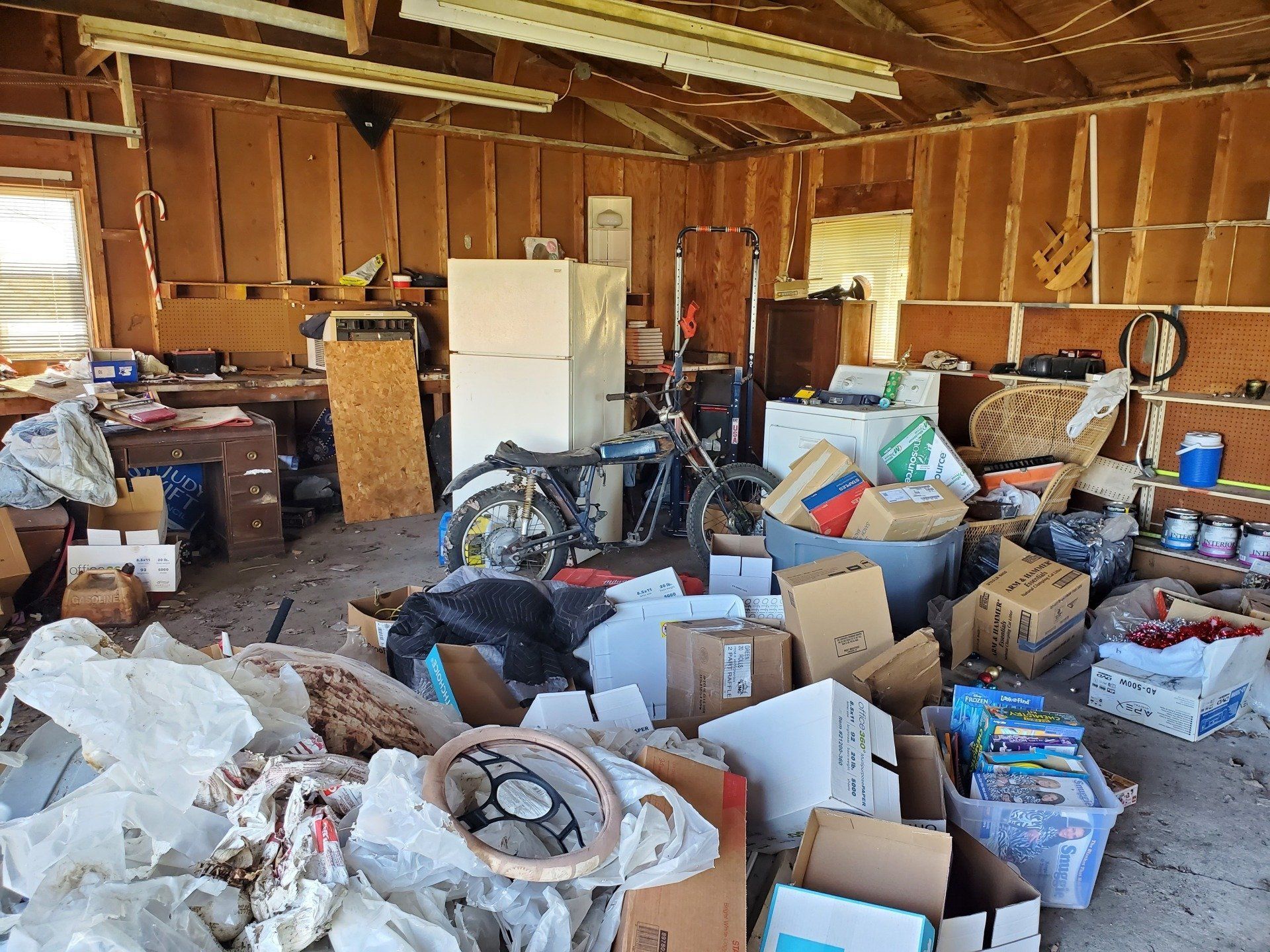
A family can recycle a wide range of items, depending on local recycling programs and facilities. Here’s a general guide to recyclable items categorized by material:
Paper and Cardboard
- Newspapers, magazines, and catalogs
- Office paper and junk mail
- Cardboard boxes (flattened)
- Paperboard (e.g., cereal boxes)
- Books (check local guidelines; sometimes only softcover)
- Paper bags (e.g., from grocery stores)
Plastic
- Bottles and containers with recycling symbols (e.g., #1 PET, #2 HDPE)
- Milk jugs, soda bottles, and water bottles
- Detergent and shampoo bottles
- Yogurt cups, butter tubs, and similar containers (check local guidelines for #5 plastics)
Note: Plastic bags and film are often recycled separately at designated drop-off locations.
Glass
- Bottles and jars (e.g., wine, beer, food jars)
- Clear, green, or brown glass
- Avoid: Ceramics, Pyrex, mirrors, and light bulbs.
Metal
- Aluminum cans (e.g., soda, beer)
- Tin and steel cans (e.g., soup, pet food)
- Foil and aluminum trays (cleaned)
Electronics and Batteries
- Old phones, computers, and small electronics (via e-waste programs)
- Rechargeable batteries (at designated drop-offs)
- Household batteries (depending on local guidelines)
Textiles
- Clothes and linens in good condition (donate or recycle)
- Some programs accept damaged textiles for recycling.
Organics (in areas with composting facilities)
- Food scraps (e.g., fruit peels, vegetable trimmings)
- Yard waste (e.g., leaves, grass clippings)
- Compostable packaging labeled "certified compostable."
Other Materials
- Cartons (e.g., milk, juice) – check for local carton recycling programs.
- Certain plastic lids and caps (if allowed in your area)
- Wine corks (some specialty recycling programs or stores like Whole Foods accept them).
Tips for Recycling Effectively
- Clean and dry: Rinse containers to avoid contamination.
- Separate materials: Remove caps, lids, and labels if required.
- Check local guidelines: Recycling rules vary by location.
- Avoid contamination: Do not recycle greasy pizza boxes, wet paper, or non-recyclable plastics.
Items Usually Not Accepted in Curbside Recycling
- Plastic bags (take to specific collection points)
- Styrofoam (EPS foam)
- Electronics and large appliances
- Hazardous materials (e.g., paints, chemicals)
- Non-recyclable plastics (e.g., utensils, straws)
Understanding what your local facility accepts is crucial for maximizing recycling efforts!
- Speedway IN Speedway, IN, United States
- Broad Ripple IN Broad Ripple, Indianapolis, IN, United States
- Hamilton County Hamilton, IN, United States
- Noblesville IN Noblesville, IN, United States
- Carmel IN Carmel, IN, United States
- Fishers IN Fishers, IN, United States
- Westfield IN Westfield, IN, United States
- Cicero IN Cicero, IN, United States
- Castleton IN Castleton, Indianapolis, IN, United States
- Sheridan IN Sheridan, IN, United States
- Zionsville IN Zionsville, IN, United States
- Fortville, IN Fortville, IN, United States
- Whitestown, IN Whitestown, IN, United States
- McCordsville, IN McCordsville, IN, United States
SERVICE AREAS
Greenfield IN
Speedway IN
Broad Ripple IN
Hamilton County
Noblesville IN
Carmel IN
Fishers IN
Westfield IN
Cicero IN
Castleton IN
Sheridan IN
Zionsville IN
Lawrence IN
Arcadia IN
Atlanta IN
Tipton IN
McCordsville IN
Others Upon Request
BUSINESS HOURS
- Mon - Fri
- -
- Saturday
- -
- Sunday
- Closed







